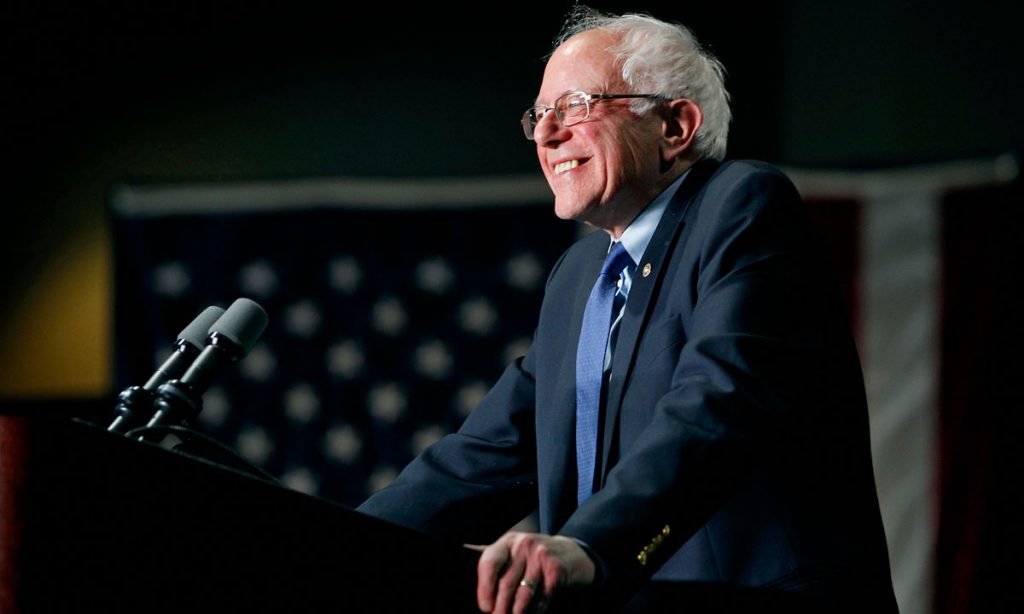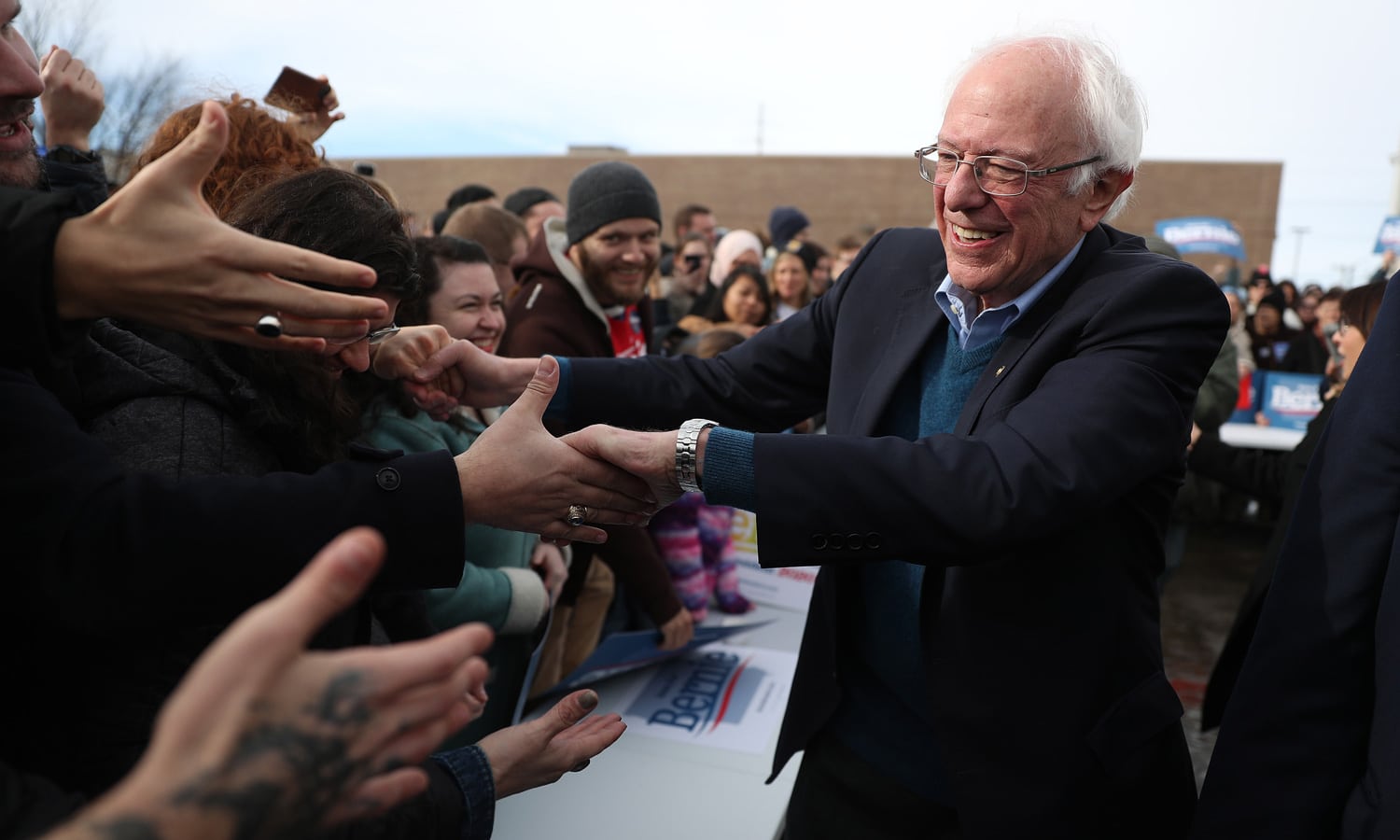While Bernie Sanders has promised to legalize cannabis through executive order, it remains unclear if he has the authority to do so.
Bernie Sanders vows to waste no time legalizing marijuana if he becomes president. While the majority of leading candidates for the Democratic presidential nomination support ending cannabis prohibition — Joe Biden is the notable exception — Sanders announced his intention to make it among his first priorities in office.
“We will end the destructive war on drugs,” Sanders said at a Cedar Rapids, Iowa concert rally. “On my first day in office through executive order we will legalize marijuana in every state in this country.”

Many multi-state operators in the cannabis industry might be pleased to hear this announcement, as it would allow them to list their companies on the U.S. Stock Exchange. However, Sanders wants to make sure the cannabis industry “is not controlled by a handful of corporations” and instead empower those minority communities disproportionately impacted by the war on drugs.
RELATED: 5 Cannabis Industry Predictions For 2020
“We will move forward to expunge the records of those arrested for possession of marijuana,” Sanders said. “And we will make certain that the legalized marijuana industry is not controlled by a handful of corporations, but that those people — the African-American community, the Latino community, the Native American community — those people who have suffered the most will get help in order to make money through a legalized marijuana industry.”
We must finally put an end to the disastrous, so-called "War on Drugs."
This includes legalizing marijuana, releasing those imprisoned because of it, expunging their records, and investing in the communities devastated by this decades-long assault.
— Sen. Bernie Sanders (@SenSanders) February 2, 2020
It’s important to remember that only Congress can remove marijuana from the Controlled Substances Act, which classifies the plant as Schedule I illegal drug. Sanders can, however, appoint his own Attorney General and health and human services secretary, positions that play key roles along the way. The process remains complicated, though, as the United States has agreements through international treaties to classify marijuana and its commerce as illegal.
RELATED: The War On Drugs Isn’t Over, According To The FBI
Thus far, states have been the driving force in marijuana legislation. A president has little to no authority in forcing states to roll back prohibition or decriminalize a substances like cannabis.


